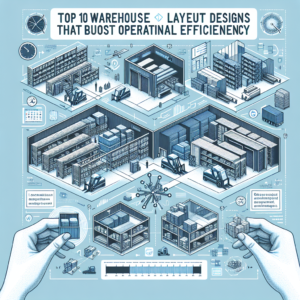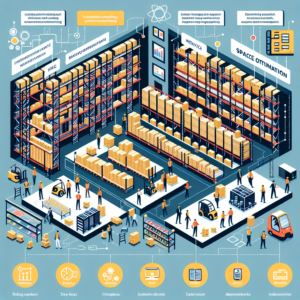Disputes are a natural part of human interaction, whether in personal relationships, business, or other areas of life. When conflicts arise, two common avenues for resolution are mediation and litigation. Understanding the differences between these two processes can help you navigate your situation more effectively. In this article, we’ll explore the pros and cons of mediation and litigation, ensuring you have a clear roadmap for effective dispute resolution.
What is Mediation?
Mediation is a voluntary and collaborative process where an impartial third party, known as a mediator, facilitates a discussion between disputing parties. The goal of mediation is to reach a mutually agreeable solution through dialogue rather than a formal ruling.
The Benefits of Mediation
-
Cost-Effective: Mediation is often less expensive than litigation, making it a budget-friendly option for resolving disputes.
-
Confidentiality: Unlike court proceedings, which are public, mediation remains confidential, protecting the privacy of both parties.
-
Control Over Outcomes: In mediation, the parties retain control over the decision-making process, enabling them to craft tailored solutions that meet their unique needs.
-
Preservation of Relationships: Mediation promotes collaboration and communication, which can help preserve relationships that might otherwise be damaged by the adversarial nature of litigation.
- Quicker Resolution: Mediation can often be scheduled and completed more quickly than court trials, allowing for faster resolutions and less prolonged stress.
When to Choose Mediation
- When both parties are willing to negotiate and compromise.
- When preserving a relationship is important (e.g., family disputes, business partnerships).
- When seeking a private and confidential resolution.
What is Litigation?
Litigation involves taking a dispute to court, where a judge (and sometimes a jury) makes a binding decision based on legal arguments and evidence presented. It’s a formal, structured process governed by law.
The Pros of Litigation
-
Binding Decisions: The court’s decision is enforceable by law, providing a more definitive resolution to the conflict.
-
Legal Precedent: Litigation can create legal precedents that may benefit future similar cases, contributing to the development of the law.
-
Expert Legal Representation: Lawyers are trained to argue cases in court, ensuring that your interests are presented effectively.
-
Structured Process: Litigation follows a strict legal framework, giving parties a clear understanding of timelines and procedures.
- Public Accountability: Court rulings are public, which can hold parties accountable and deter future wrongful conduct.
When to Choose Litigation
- When the parties cannot agree to negotiate or one party is uncooperative.
- When a legal precedent is desired or necessary for wider implications.
- When a more assertive legal remedy is required, such as a court order or injunction.
Mediation vs. Litigation: Key Differences
| Aspect | Mediation | Litigation |
|---|---|---|
| Cost | Typically lower | Often high |
| Time | Usually quicker | Can be lengthy |
| Control | Parties retain control over the outcome | Court decides the outcome |
| Confidentiality | Confidential process | Public record |
| Relationship Impact | Often preserves relationships | Can damage relationships |
Making the Right Choice for Your Dispute
The choice between mediation and litigation largely depends on the specifics of your situation. Here are some guiding questions to consider:
-
What is the nature of the dispute? – Emotional personal conflicts may be better resolved through mediation, while contractual disputes may require litigation.
-
What is your relationship with the other party? – If ongoing interaction is necessary, mediation may be a more suitable route.
-
What are your goals? – If you seek a quick resolution that is mutually beneficial, mediation is ideal. If you need a definitive legal judgment, litigation may be necessary.
- Are both parties willing to negotiate? – Mediation requires cooperation; if one party is unwilling, litigation may be inevitable.
Conclusion: Navigating Your Path to Dispute Resolution
Choosing between mediation and litigation can be challenging, yet understanding your options is crucial to finding the most effective path to resolution. Whether you lean towards the collaborative atmosphere of mediation or the structured approach of litigation, prioritizing open communication and mutual respect will always serve you well.
In the end, successful dispute resolution isn’t just about winning or losing; it’s about finding a resolution that feels fair and leaves all parties looking towards the future. Make the choice that aligns best with your goals and needs, and you’ll be on the road to effective dispute resolution.





